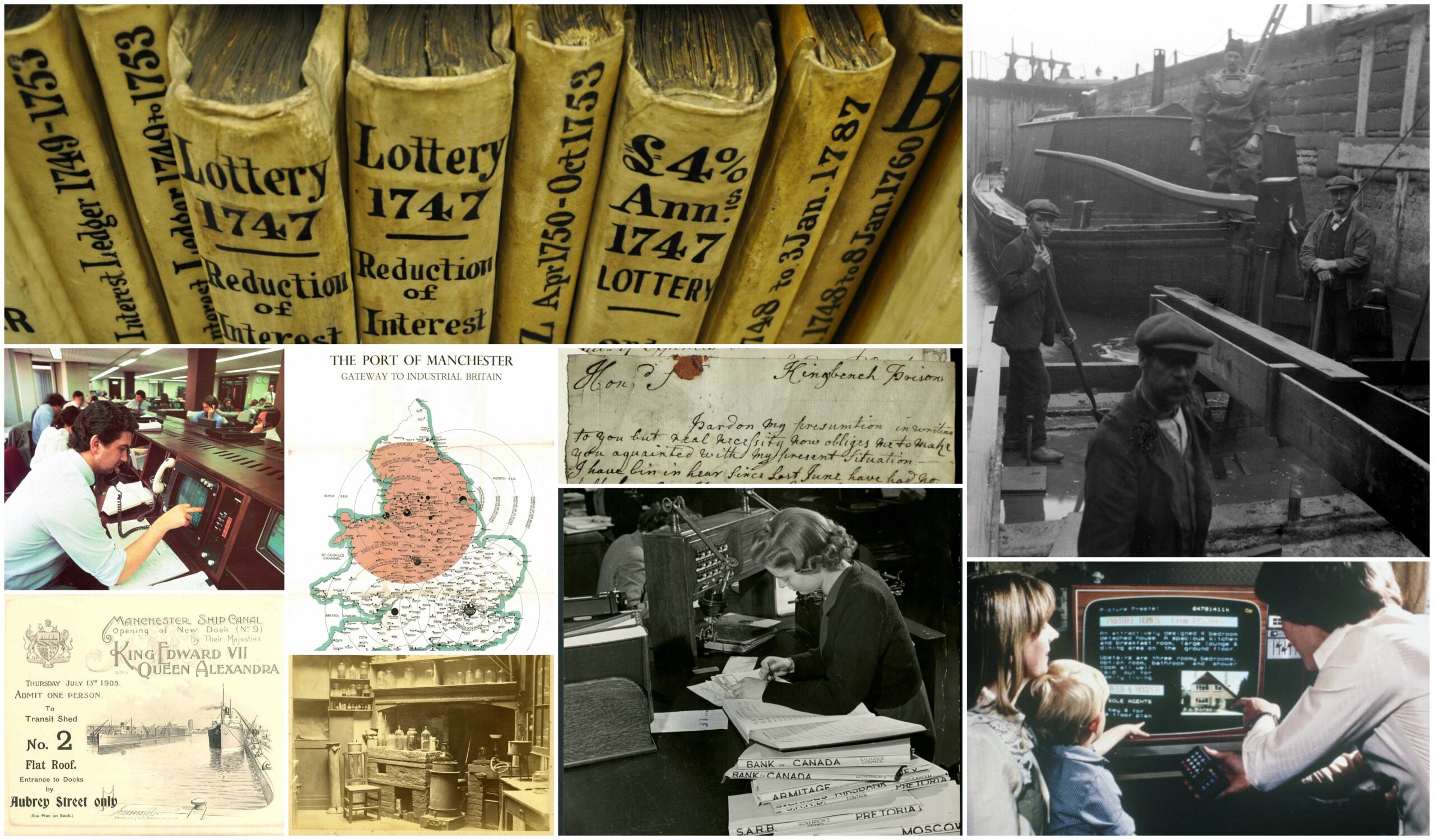
The Section for Business Records (SBR) has a six-strong committee who aim to:
• Be the professional body of choice for archivists and records managers working with business records;
• Provide a focused and informed group to represent the interests of business records within the ARA for all archivists and records managers working with business archives;
• Act as a forum for advice, support and the promotion of best practice in the field of business records for individual members and the ARA as a whole.
Our membership is currently in the 600s and covers those staffing dedicated archives within or related to their businesses and archivists within local government and councils, universities and museums as well as students and new professionals. While there are only around 90 business archives across the UK, many archive collections across the country contain records of current and former businesses.
To share what we do, we have a Twitter account @ARABusinessRec, a blog called Minding Our Business, and this month is the last Business Records special edition of the ARC Magazine, containing many articles from our members covering what’s going on in their workplaces.
The SBR also has a presence on the Crisis Management Team, a dedicated set of archivists who co-ordinate efforts to preserve records in cases of business liquidations, administrations, takeovers and other circumstances where the records might be in danger. Some of these are high profile, in the last few years many people will have heard of the rescue of the Thomas Cook archive after the business collapsed, which is now at the Record Office for Leicestershire, Leicester and Rutland or the Woolworth’s archive now at the University of Reading. Recently, the team has published guidance for insolvency practitioners in an attempt to raise awareness of the importance of the business records they may come across.
Each year we host a Summer Seminar, an opportunity for business archivists to get together and share knowledge. Last year was the first time it was entirely online, and we had a record number of attendees. In recent years we’ve covered resilience, promotion, digital skills and more. We’ve just started to plan for this year.
Business and Manufacturing
Ultimately, a business exists to make money, by selling something they’ve produced, whether that’s a service or an item. Many of our members are part of businesses who manufacture something, and they cover a whole range of industries. I’ve included some great manufacturing photos below.
GSK is a global pharmaceutical company over 300 years old which produces consumer healthcare products, pharmaceutical drugs and vaccines.

Unilever are a global consumer products company, producing everything from tea bags and ice cream to hair products and washing powder.

The records of W. T. Glover & Co. are part of the collections of the Science Museum Group, they were founded in 1868 to manufacture wire in Salford. They went on to manufacture insulated cables for electricity supply and high voltage power cables for submarines.

Sainsbury’s is now a little over 150 years old, selling their own branded products and others in their stores across the country.

The Bank of England have a blog post on their museum website tracking the manufacture of banknotes through the past few hundred years and the BT Archives have an information sheet about how they used to make the iconic phone books.
